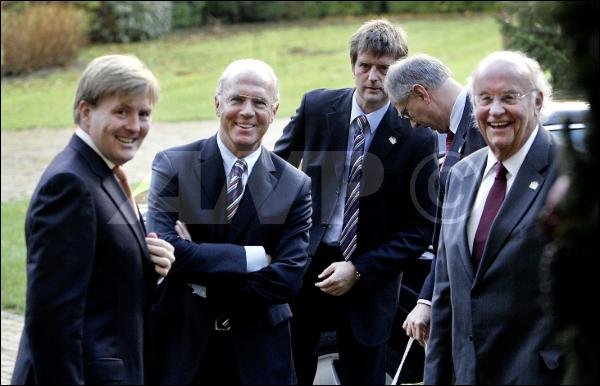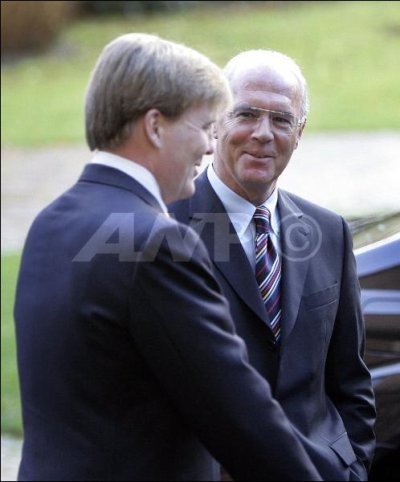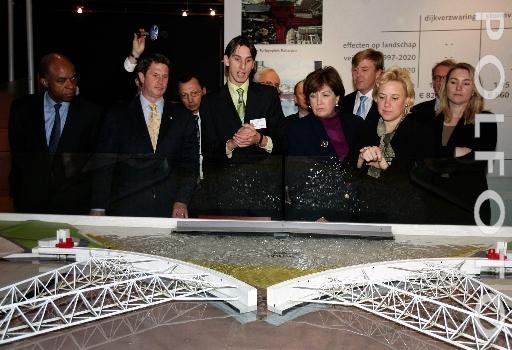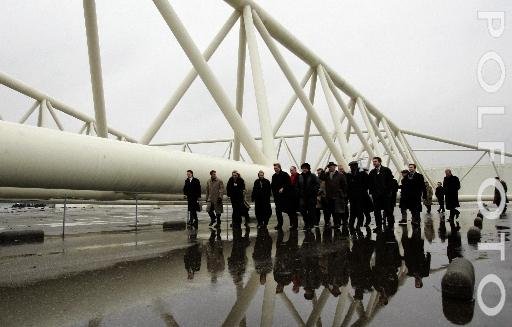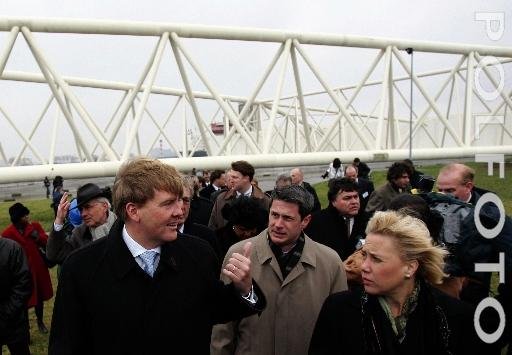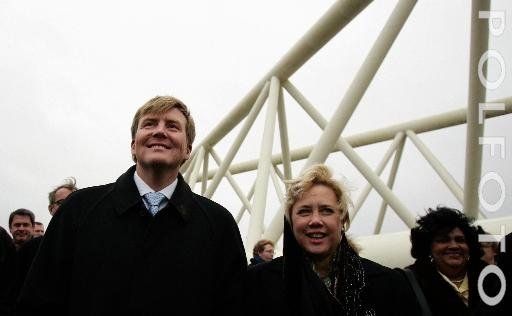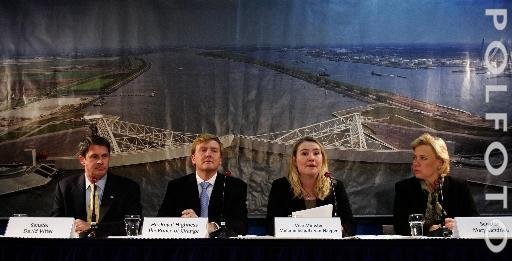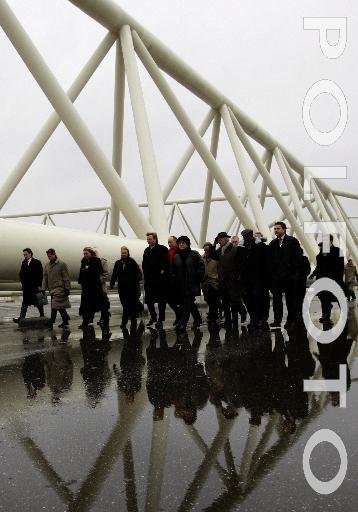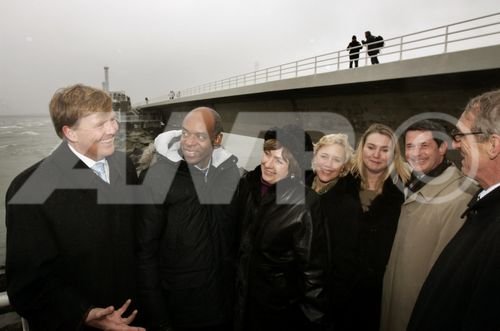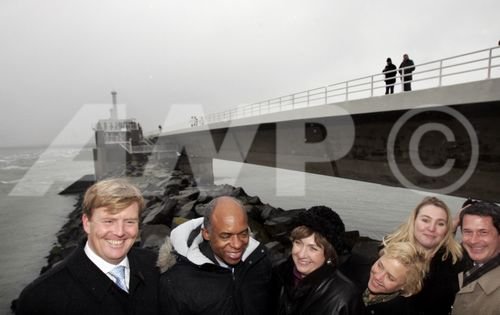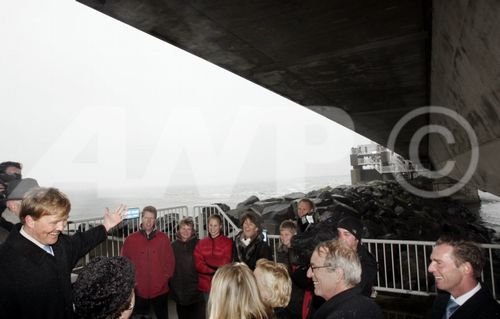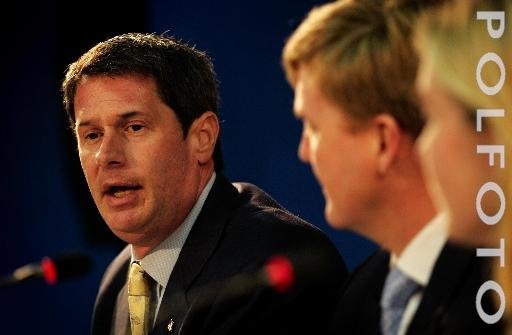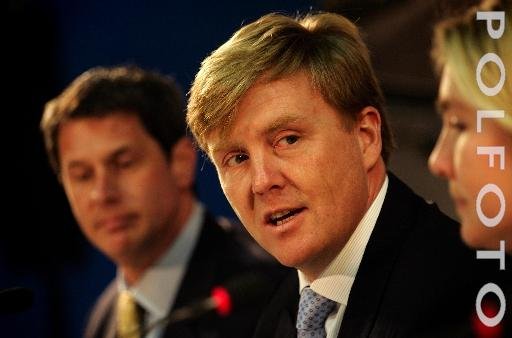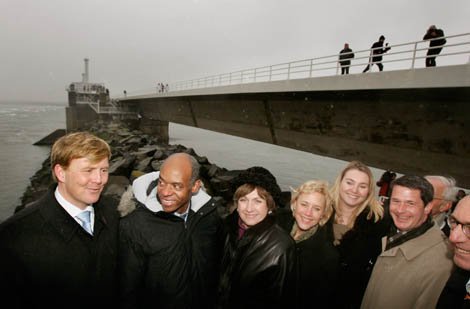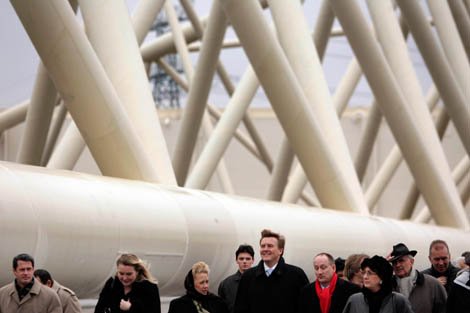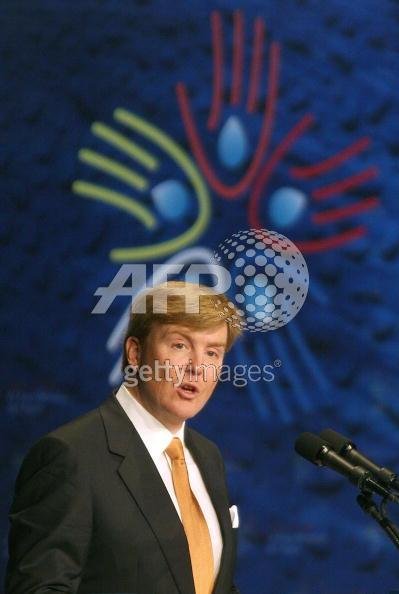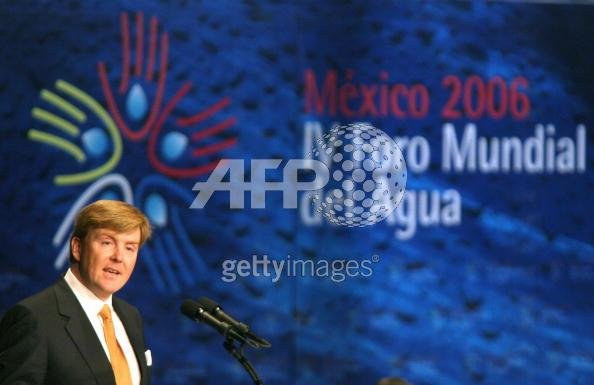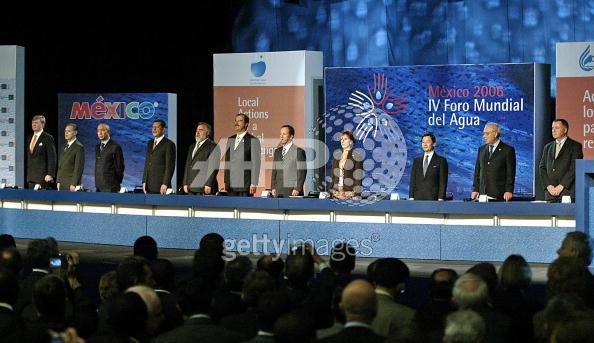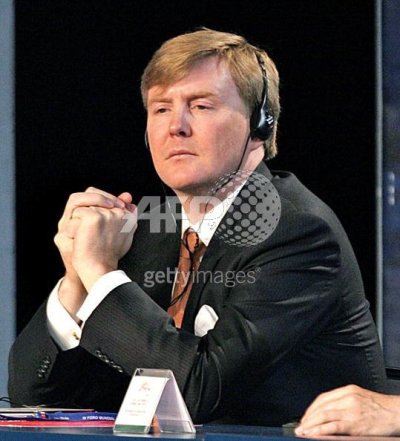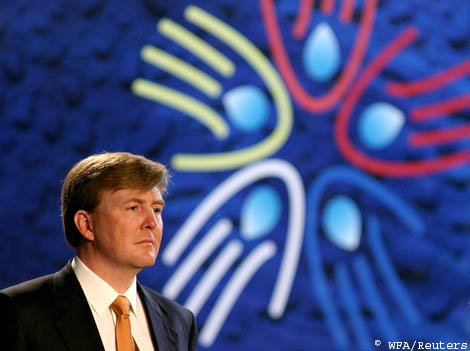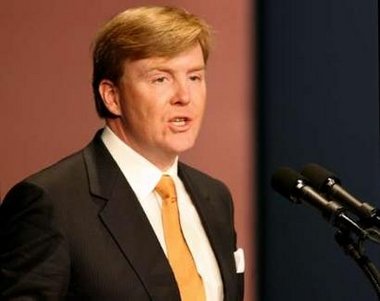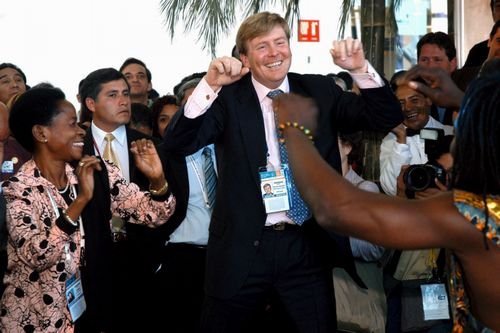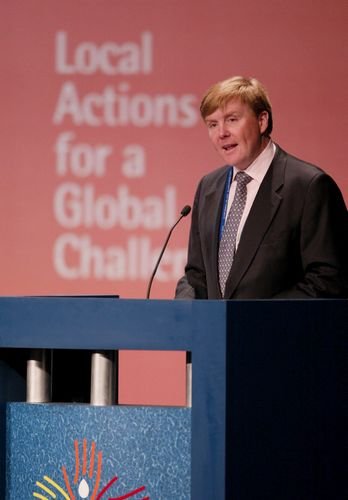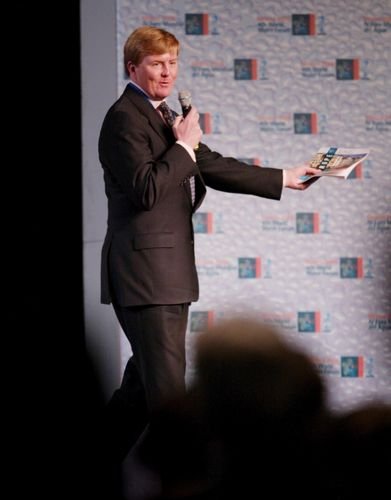Your Excellencies, ladies and gentlemen,
This year marks the tenth anniversary of the Global Water Partnership. As patron of this very prominent lobby for the IWRM concept, I mention this fact at the start of today’s session with some pride and satisfaction. Thanks to the work of the Global Water Partnership and others, IWRM has gained a firm place in the worldwide debate on water. Exactly three years ago today I was able to say the following at the opening of the third World Water Forum: ‘More and more people are now convinced that the current water crises arise from inadequate or improper management of water resources, rather than water shortages per se.’ I am repeating this today not because I enjoy quoting myself, but to show that this conviction has grown ever since 1992. In that year it was concluded in Dublin and Rio de Janeiro that traditional, sector-specific water management was economically inefficient, socially inequitable and environmentally unsustainable. That is why, at Kyoto, I expressed my satisfaction at the agreement reached in Johannesburg in 2002 that all countries would have IWRM in place by 2005, along with water efficiency plans.
So there is reason enough now, at the start of 2006, to take stock of our position.
As the Global Water Partnership’s recent IWRM survey shows, 21 per cent of countries are making good progress with their integrated water plans. Three years ago, that figure was only 12 per cent. And 53 per cent are now taking some steps towards IWRM. The percentage of countries still in the initial stages dropped in three years from 39 to 26.
That means that we have failed to meet the Johannesburg targets. That much is clear. So I would urge the countries concerned to move faster. At the same time, I conclude that for the majority of countries, water is apparently no longer a commodity that can be taken for granted in policymaking. It is no longer something eternal, that just flows by. The awareness that is needed even to start IWRM means that more and more countries are now treating water as a resource to be appreciated, understood and protected. As something that has to be managed, because it is crucial for social and economic development, for the ecosystem and for security. And that, ladies and gentlemen, is what I call progress.
Of course, we still have a long way to go. Of course, we still need more proof that we can implement plans by taking action on the ground. And of course, we need to pick up our pace. But let us not forget that we started with next to nothing. So my message to you at the start of this session is that the IWRM glass is not half empty, but half full. Our common mission here today is to make sure that we fill the rest off the glass as quickly as possible. And as I said earlier this week, during the opening ceremony, we don’t need new policies. What we do need are projects in which real people deal with their own, very real problems.
The Partnership’s survey also shows the two main obstacles before us. The first is money – too little money to buy the hardware needed for projects, and too little money to invest in human software through education. This underscores once again how important it is for donor countries to meet their international commitments and earmark 0.7 per cent of their GDP for development cooperation. It’s in their own interest tot do so. Because investing in water means investing in development, equity and stability, and therefore in the future of our planet. I know that this sounds simple, but the solution to the first obstacle for a large part lies in the attitude of donor countries.
The second obstacle to introducing IWRM is the responsibility of individual countries themselves. As the survey shows, a considerable number of countries are seeking an increasing level of perfection in policy formulation, and that is becoming almost an end in itself. Many policy and lawmaking processes take more than four or five years to complete. The trick is not to fall into that trap and yet at the same time to take account of all the people and groups that have a stake in the plans. Because if any of them are left out, the plans have little to do with IWRM and their implementation can never be truly integrated.
The good news is that not a single country will have to start from scratch. And that brings me to the purpose of today’s session. There is a wealth of knowledge and experience available, with the Global Water Partnership as our focal point. Let me give you two European examples.
- The Netherlands has had water boards ever since the Middle Ages; they are in fact our oldest democratic institution. For many hundreds of years they have forged a direct link between interests, representation and payment of costs in local water management. So we have more than 800 years’ of relevant experience to offer. Of course, applying that experience elsewhere always involves adapting to the local situation. But even so, eight centuries of knowledge and know how offer plenty of excellent opportunities to speed up IWRM in other parts of the world. For the past four years, Dutch water boards have been working with partners in Suriname, Indonesia, South Africa and Egypt to set up local and regional water authorities. In Egypt for example, knowledge exchange has produced positive results in the Fayoum district, where stakeholders have joined forces to manage drinking water, irrigation and drainage systems. South Africa adopted a modern, highly ambitious Water Act in 2000, which brings water management closer to the people. Pilot projects with Catchment Management Agencies are now operating in two river basins, with the help of Dutch water boards who act as sparring partners.
- My second example is the European Water Framework Directive. Its aim is to bring the quality of the water in the entire European Union up to standard by 2015. By that year, water must be clean and ecologically healthy. For the first time in history, the 25 member states of the European Union have committed themselves to jointly managing all their freshwater resources at river basin level. This makes the Directive a remarkable piece of water legislation. But it took thirty years to get this far. You can well imagine that those thirty years, and the Directive itself, have taught us enough lessons to share with other countries and regions. And of course we are ready to do so.
The bottom line is that there are no magic buttons that we can push to fix things immediately. With IWRM we are in for the long haul. It takes patience and hard work. But in the end, all that hard work pays off. Applying IWRM is like playing with an endless supply of building blocks. With every block, we lay the foundation for the next change needed for the perfect house. We may well ask whether we will ever achieve our ultimate aim – total implementation of IWRM. But anyone who has ever seen children playing with building blocks will agree that the process is the critical success factor. Consultation and taking account of each other’s ideas and interests, will gradually bring us closer to perfection. So the boldness of the IWRM concept itself seems to contradict the satisfaction we have to take in the small steps we can make.




